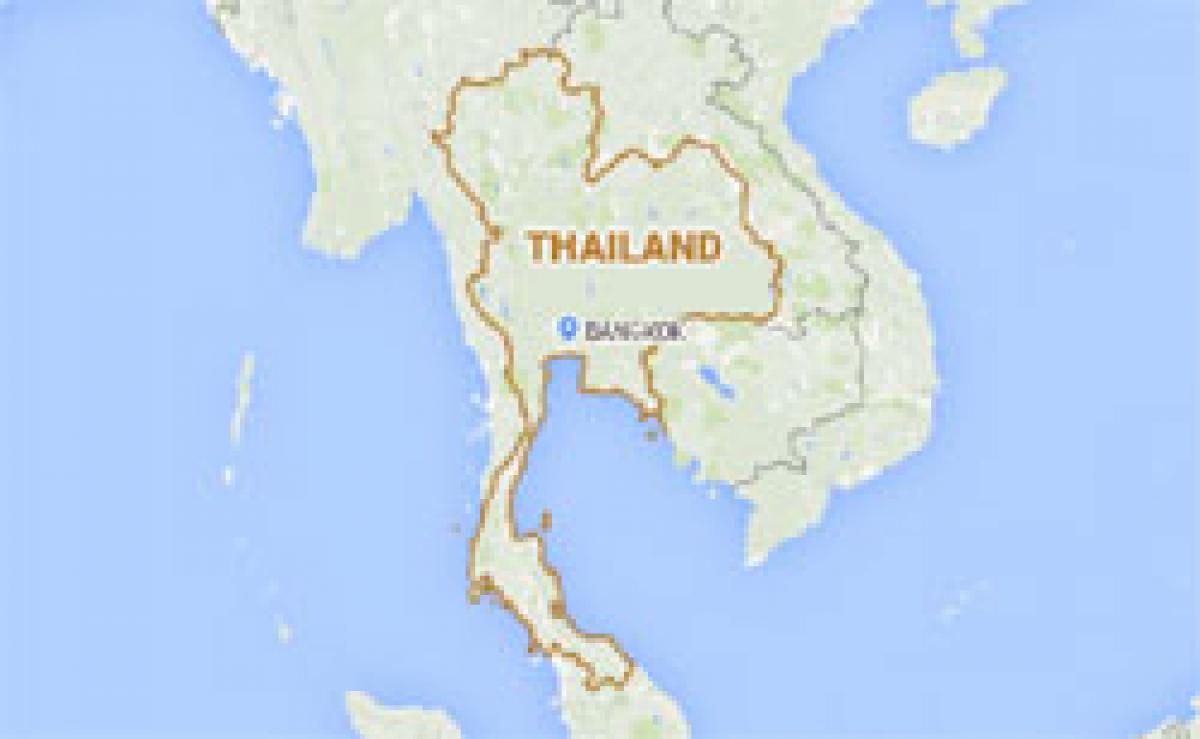Live
- BJP using Waqf issue as ‘political weapon’: K’taka Home Minister
- KSR Bengaluru and Kengeri Railway Stations get escalators
- Sunitha’s long cherished dream to become a reality soon!
- Sakra honours barefoot activist Ajay Oli, expands CSR initiatives to aid underprivileged
- Sudha Murty Celebrates Cultural Values At London's Diwali Gala, Praises Son-In-law Rishi Sunak
- PM Modi Arrives In Brazil For G20 Summit, Set For Key International Engagements
- The Little Book of Big Gains: How Technology Transforms Investing
- Only ineligible BPL cards cancelled, clarifies CM
- TTD EO administered oath as ex-officio member of Trust Board
- Five arrested for stealing old ballot boxes









